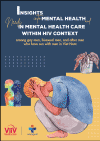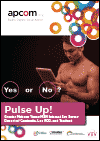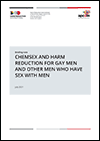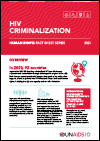Publications on Men Who Have Sex With Men (MSM)
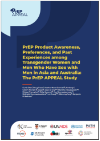
PrEP Product Awareness, Preferences, and Past Experiences among Transgender Women and Men Who Have Sex with Men in Asia and Australia (PrEP APPEAL) was a survey study in 16 countries and territories in Asia and Australia. The overall goal of PrEP APPEAL was to identify values and preferences about PrEP, as well as barriers and facilitators to PrEP uptake, among men who have sex with men (MSM) and transgender women (TGW) in Asia and Australia.
Key findings
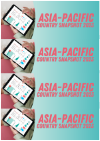
The country HIV snapshots prepared by UNAIDS’ HIV and AIDS Data Hub for Asia Pacific provide comprehensive information on the HIV epidemic and response in Asia and the Pacific countries. Download the country snapshots to find out the most up-to-date HIV data and analysis.
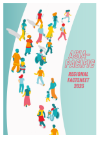
Marked inequalities and diverse epidemic trends affect progress in the HIV response in Asia and the Pacific. The HIV epidemic in the region disproportionately affects people from key populations, especially young people (aged 15–24 years), and their sexual partners. Download the regional factsheet to find out the most up-to-date HIV info, data and analysis.
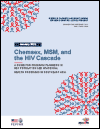
This guide aims to help advance progress on the path to HIV epidemic control by providing HIV service providers with a practical framework to direct and advance the evolution of evidencebased, client-centered strategies to minimize the HIV risks associated with sexualized drug use, particularly among men who have sex with men (MSM).
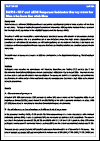
The aims of HARiS were to establish a community-based behavioural survey with collection of standardized strategic information; to provide data of a pre-defined set of core indicators among the major at-risk subpopulations for surveillance of HIV-related risk behaviours and HIV testing patterns; and to enable the indicators to be tracked and compared over time for evaluation of the coverage and effectiveness of health-promotion and surveillance programmes in Hong Kong.
